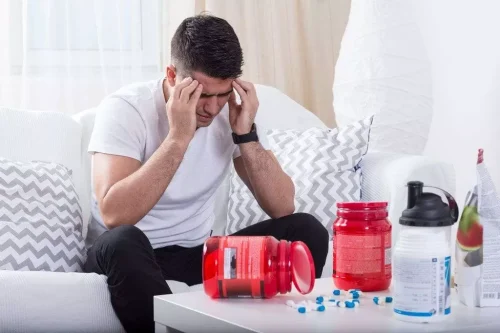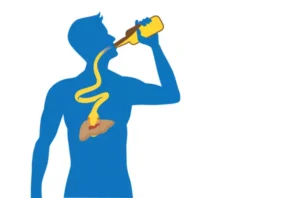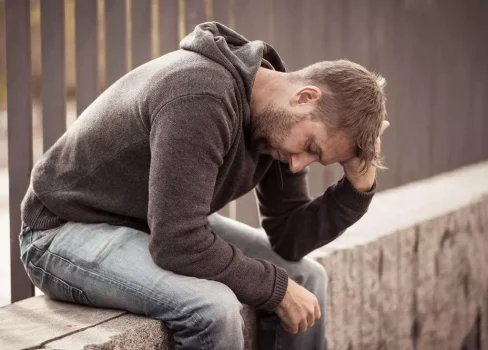The Angry Drunk: How Alcohol and Aggression Are Linked

Households with higher incomes had larger relative increases in alcohol purchases during the pandemic, but buying went up across geographic areas and demographic groups. And while alcohol purchasing seemed to slow down a bit in 2023, sales of “ready-to-drink” cocktails continued to increase — more than doubling since 2019, up to $10.7 billion. In the past month, half https://ecosoberhouse.com/article/alcohol-poisoning-signs-and-symptoms/ of them did not drink alcohol, according to federal data. This is roughly the spread of drinkers in the American population at any given time. Maybe your friend is under a great deal of stress and their insulting you is out of character. Perhaps you think about the many potential negative consequences of getting into a verbal or, even worse, a physical fight.
Proactive Anger Management: Handling Anger In Healthy Ways
Find a supportive friend or family member to be with you while you withdraw and support your new non-drinking lifestyle. People with alcohol use disorder should be monitored by a medical professional when withdrawing from alcohol. Moderate to heavy drinkers can also benefit from medical supervision in the acute withdrawal stage.
How Anger and Alcohol Contribute to Domestic Violence

An increase in anger after trauma and the use of alcohol to cope with PTSD symptoms were stronger predictors of physically aggressive or violent acts than a lifetime diagnosis of PTSD without anger. Drinking may also be a method to self-medicate negative emotions, including anger. Alcohol is a depressant substance, meaning that it helps to suppress some of the “fight-or-flight” stress reactions that anger can induce.
Is Alcohol Use Disorder (AUD) the Same Thing as Alcoholism?
- In the Brazilian city of Diadem, limiting the hours of alcoholic sales in bars to 11 p.m.
- The link between alcohol and anger has to do with alcohol’s ability to remove your inhibitions and disrupt your emotional regulation.
- Others focus on cognitive aspects, including cognitive-emotional patterns that cause those with BPD to have greater expectations of rejection than those without BPD (Cavicchioli and Maffer, 2019).
- Additionally, those who already have difficulties with executive functions and impulse control are more liable to become angry, aggressive, and violent when their self-regulatory skills are further impaired by alcohol, ABC warns.
Research shows people who have a supportive social network are more likely to remain alcohol-free after withdrawal. Those with a wider circle of support have a better chance of staying sober. There are many support options available that can help guide you through alcohol withdrawal, as well as abstaining alcoholism and anger from alcohol after withdrawal. However, medical complications can occur during the acute phase of withdrawal. During the 12- to 24-hour time frame after the last drink, most people will begin to have noticeable symptoms. These may still be mild, or the existing symptoms might increase in severity.

How to Seek Help for Co-Occurring Anger and Alcohol Addiction
Take Control Today
Anger Treatment Options
- It’s perfectly acceptable to feel anger when someone treats you or your loved one with unfairness or cruelty.
- When it comes to adults, excessive alcohol use can cause multiple well-defined brain issues ranging from short-term confusion to dementia.
- Alcohol facilitates conflicts with others and increases the potential for violent behavior among the drinkers and others (Wieczorek et al., 1990; Mann et al., 2006; Wahlsten et al., 2007).
- When that person cuts out alcohol, there is a period when their brain hasn’t yet received the message and still overproduces the stimulating chemicals.
- Alcohol is not necessarily the cause of intimate partner violence, but alcohol use exacerbates both the rate of occurrence and severity of the violence.
- In other situations, alcohol is the main catalyst for anger and violence.
Treatment gap

